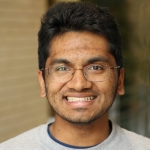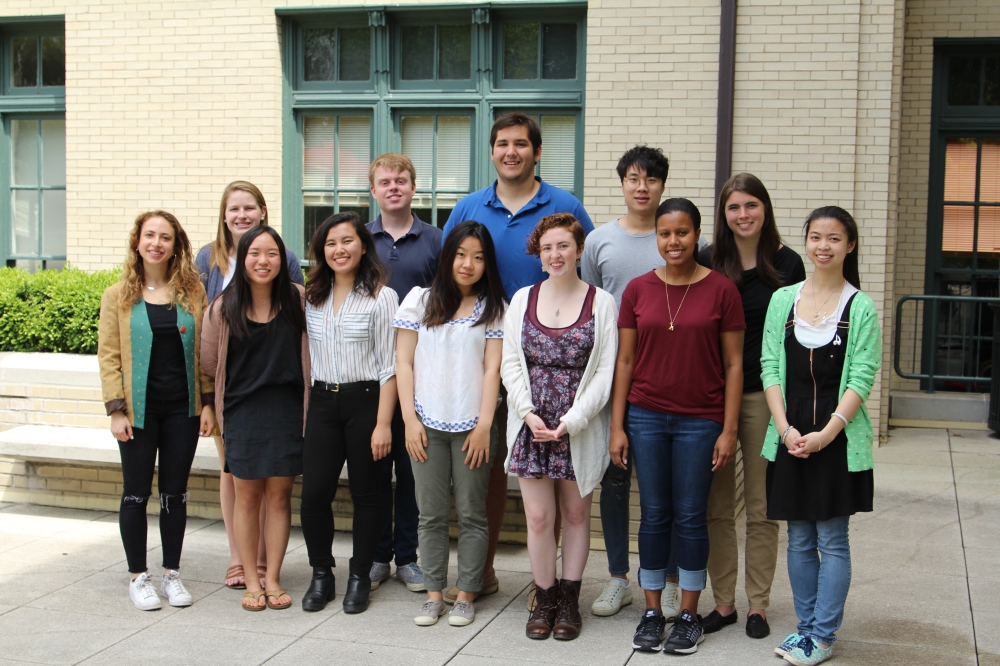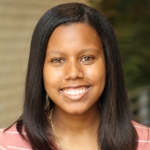 I was born in December 1995, about a month before a major snowstorm during which my mom had a very real fear of losing me in several feet of snow. I grew up in the tight-knit little community of Glassboro, New Jersey, where I developed dear friendships that are still important to me.
I was born in December 1995, about a month before a major snowstorm during which my mom had a very real fear of losing me in several feet of snow. I grew up in the tight-knit little community of Glassboro, New Jersey, where I developed dear friendships that are still important to me.
I learned to love traveling very early. Before I turned one, I went to Hong Kong, where my parents were born. I’ve also traveled to various European cities. I have visited Disney World many times, and rediscover the child in me every time.
A fortune cookie I read once said, “A truly great person never puts away the simplicity of a child,” and I take that to heart. I collect hedgehog-themed stuffed animals and stickers and choose animated films over horror movies and romantic comedies every time.
I also enjoy being creative with cooking. My latest mission is to fry a perfect egg, with just the right balance between crispy edges and a slow, runny yolk. I like throwing together leftovers to create something better than the original. And I love to eat the head of a fresh steamed fish, inviting stares in restaurants!
Early on, I established myself as a “music kid.” My first love was the piano, my platonic love is the viola and my most recent interest is the cello.
My love for music hasn’t wavered. Ever since I could talk, I was singing in languages I didn’t even understand, belting out old Chinese folk and traditional songs. I simply like the feeling that music gives me: If a song makes me stop and listen, I like it. If I smile when I listen to it, I love it. If I get goose bumps every time I hear it, it’s a favorite for life!
 I was born in Manhattan and lived in Darren, Connecticut until I was seven, when my family moved to Australia. Living in Australia while my father pursued his Ph.D. gave me a different perspective on being an American. There, the academic culture was focused on obtaining knowledge and enriching one’s life, placing less emphasis on status and material wealth.
I was born in Manhattan and lived in Darren, Connecticut until I was seven, when my family moved to Australia. Living in Australia while my father pursued his Ph.D. gave me a different perspective on being an American. There, the academic culture was focused on obtaining knowledge and enriching one’s life, placing less emphasis on status and material wealth. I was born in New Delhi on October 2, 1996, on what would have been Gandhi’s 127th birthday. For the first two years of my life my family lived in India, before moving to Singapore and later San Jose and southern California after my sister, Vidhu, was born. We eventually settled in the southern San Francisco peninsula, where we’ve lived since I was in fifth grade.
I was born in New Delhi on October 2, 1996, on what would have been Gandhi’s 127th birthday. For the first two years of my life my family lived in India, before moving to Singapore and later San Jose and southern California after my sister, Vidhu, was born. We eventually settled in the southern San Francisco peninsula, where we’ve lived since I was in fifth grade. Blistering heat and the smell of car exhaust greeted my mother and me as we exited the Istanbul Airport terminal. I had just turned five. Excited to see my cousins, I cheerfully clenched my green Peter Pan bag and skipped after my mother towards the shuttle that would take us to the baggage claim. While clambering onto the crowded vehicle, my mom took my bag out of my arms and my smile vanished. “I do myself!” I protested. Despite her attempt to explain that she was simply trying to help, I tormented her during the ride to my cousin’s house, saying “I do myself!” over and over again until I got the chance to carry my own bag.
Blistering heat and the smell of car exhaust greeted my mother and me as we exited the Istanbul Airport terminal. I had just turned five. Excited to see my cousins, I cheerfully clenched my green Peter Pan bag and skipped after my mother towards the shuttle that would take us to the baggage claim. While clambering onto the crowded vehicle, my mom took my bag out of my arms and my smile vanished. “I do myself!” I protested. Despite her attempt to explain that she was simply trying to help, I tormented her during the ride to my cousin’s house, saying “I do myself!” over and over again until I got the chance to carry my own bag. I have always been interested in providing services for those in need. For example, I enrolled in Constru Casa, an organization that recruits people to help construct houses for underprivileged families in Guatemala. I’ve also participated in programs that fought against poverty in Korea by helping the elderly without proper health services.
I have always been interested in providing services for those in need. For example, I enrolled in Constru Casa, an organization that recruits people to help construct houses for underprivileged families in Guatemala. I’ve also participated in programs that fought against poverty in Korea by helping the elderly without proper health services.
 I never thought joining Carnegie Mellon’s
I never thought joining Carnegie Mellon’s  I was born in Kalamazoo, Michigan on April 1, 1996 in a quaint lake house. Soon after, I moved with my family to suburban New Jersey where I grew up, not too far from New York City. During my teenage years, I discovered a webcam aesthetic used by other young girls on Tumblr and Instagram that has influenced my video and photo work. Today I am a
I was born in Kalamazoo, Michigan on April 1, 1996 in a quaint lake house. Soon after, I moved with my family to suburban New Jersey where I grew up, not too far from New York City. During my teenage years, I discovered a webcam aesthetic used by other young girls on Tumblr and Instagram that has influenced my video and photo work. Today I am a  I was born and raised in a small military town in South Carolina. I blame my mother—a New Jersey native—for my northern-influenced southern accent. (Don’t be surprised if you hear me say “pai” for “pie” or “caw-fee” for “coffee”!) I love a good bagel with lox, grits and sweet tea. But sadly, not everyone brews sweet tea like the south, where it is mostly sugar!
I was born and raised in a small military town in South Carolina. I blame my mother—a New Jersey native—for my northern-influenced southern accent. (Don’t be surprised if you hear me say “pai” for “pie” or “caw-fee” for “coffee”!) I love a good bagel with lox, grits and sweet tea. But sadly, not everyone brews sweet tea like the south, where it is mostly sugar! My first neuroscience research experience was in eleventh grade, when I reached out to a lab at UCLA that used Transcranial Magnetic Stimulation (TMS) to study movement disorders. My mother had just started a repetitive TMS program aimed at reducing her depression and I sought to improve my understanding of the procedure by learning how to perform it myself.
My first neuroscience research experience was in eleventh grade, when I reached out to a lab at UCLA that used Transcranial Magnetic Stimulation (TMS) to study movement disorders. My mother had just started a repetitive TMS program aimed at reducing her depression and I sought to improve my understanding of the procedure by learning how to perform it myself.
You must be logged in to post a comment.